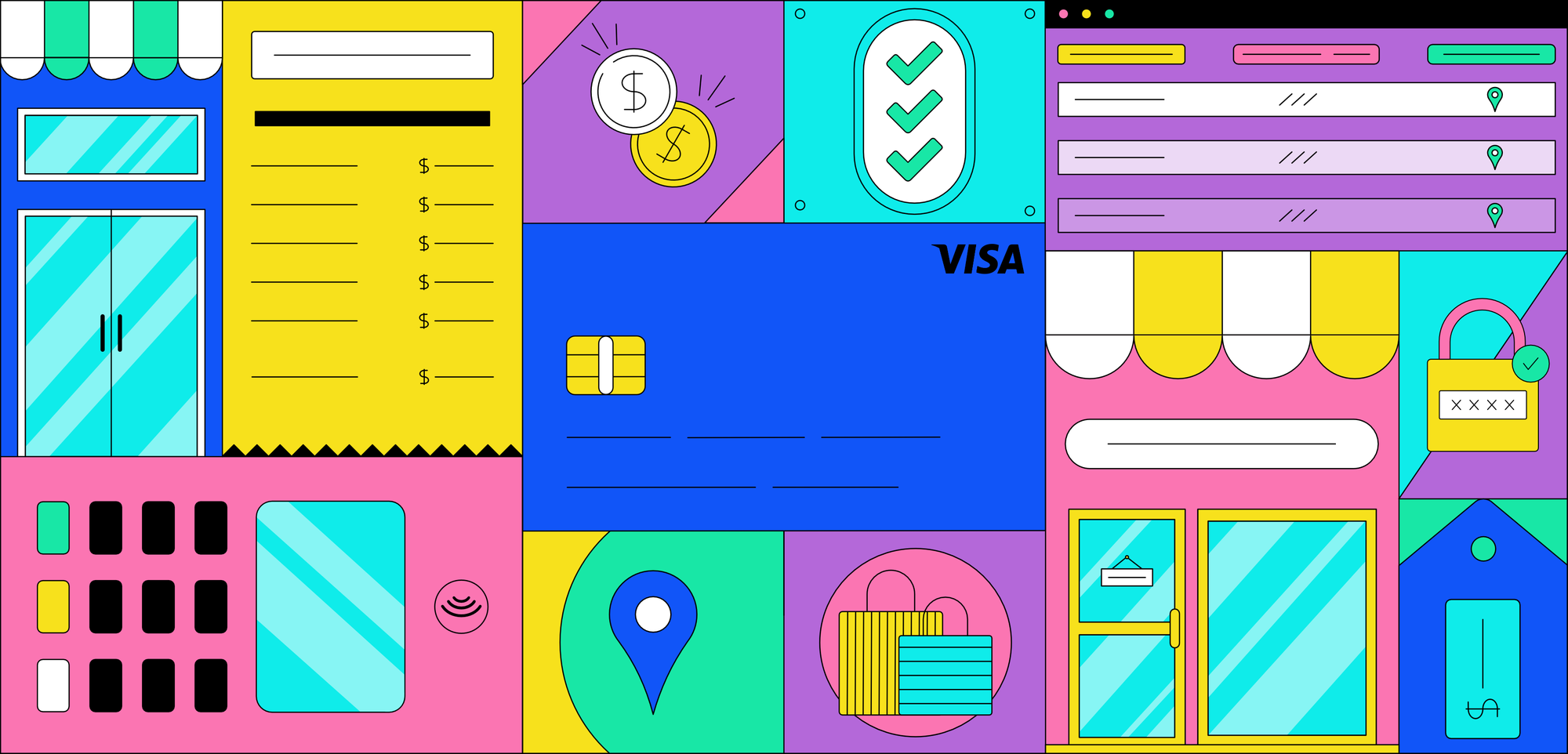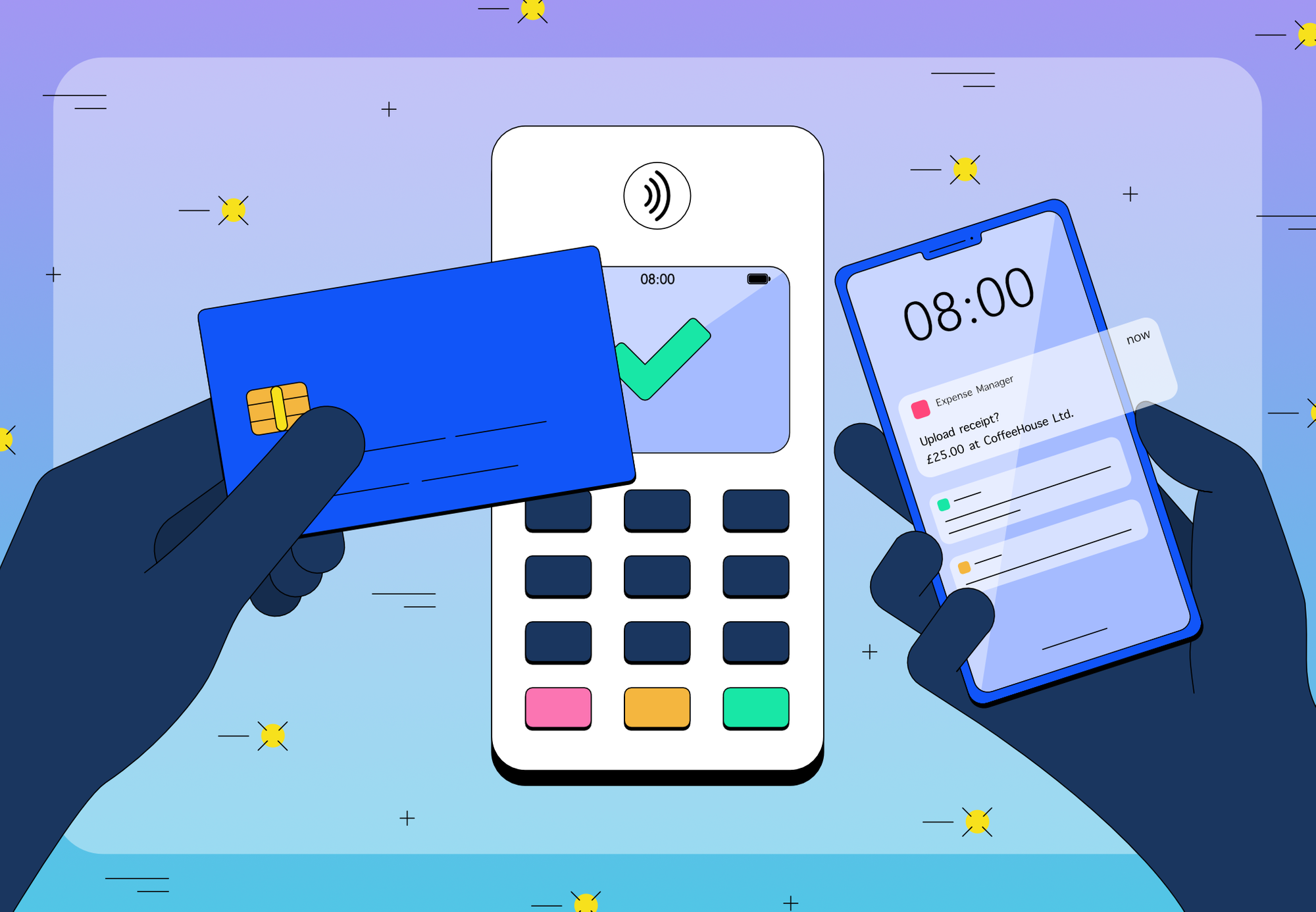What the Plaid acquisition means for Financial Data APIs

Big news : Visa has bought Plaid for $5.3 billion.
First and foremost, I’d like to extend our warmest congratulations to our friends at Plaid and Visa! This a massive development for the industry, an amazing outcome for Plaid and a great move by Visa.
To me, this deal signifies two things:
- Developers are truly shaping the future of the industry, at a scale and pace that we have never seen before.
- Fintech “plumbers” are unlocking tremendous value by creating the infrastructure that enables developers to quickly and easily build applications on top of legacy systems.
It’s an impressive price tag and at 50x revenue multiple, arguably on the steeper end of the scale. If you ask me, it’s worth every penny. We’re seeing the start of a major transformation within the financial ecosystem that’s being driven by Fintechs. The underlying infrastructure providers are fundamental to this process, as they act as catalysts for rapid innovation and continued growth. And in that light, it’s not such an outlandish number after all.
There’s a major shift happening at the moment. Fintech is becoming an essential component of any company, rather than a standalone category. Uber, Amazon, Google, Facebook and Apple are great examples of companies that are leading this trend. They’ve all introduced proprietary financial products which put money movement in the background and user experience firmly in the foreground.
They’re a growing breed: fintech-enabled companies that aren’t financial businesses at their core. To enhance user experiences both within and outside of their own ecosystems, they need support. They need the tools and infrastructure that make it quick and easy for them to embed these fintech components in their own environments.
Meet the plumbers
That’s where the “plumbers” come in. As plumbers, our sole purpose is to abstract the complexities that are inherent to legacy data sources. We create easy-to-use interfaces for data connectivity, and provide developers with the tools required to build the next generation of consumer experiences.
Fidel API applies a slightly different method for financial data plumbing, Card Linking (as opposed to Account Linking, e.g. Plaid, Yodlee, Tink etc). Although both sources ultimately capture users’ financial transactions, they exist in very different formats (settlement vs authorisation), which creates different outputs that benefit different use cases. In fact, the two different sources of data can be highly complementary. One offers transaction capturing in real-time, with data points such as geo-coordinates of the transaction. The other offers information such as salary and current balance. Some of our customers use both – it helps them get a more holistic view of their users and create more complete user experiences. Others chose one or the other based on their specific needs and use case.
How the plumbers add value for Financial Institutions
In a blog last year, I wrote about how APIs for financial data are driving value back to the whole ecosystem. By removing the barriers to accessing financial data, APIs make it quick and easy for development teams to get new innovations to market.
With 200m user accounts connected and more than 2,000 fintech apps using the API, there’s no question that Plaid’s plumbing has been imperative to the fintech revolution. Thanks to the acquisition, Visa is now at the very centre of this development and has ensured its relevance, no matter how the future shakes out. More specifically, it achieves the following:
- Direct access to the Fintech developer community that is shaping the future
- Control over an alternative infrastructure that has the potential to move money from one bank account to another
The business rationale was likely motivated as much by opportunistic drivers as defensive ones. Visa now has the potential to distribute its own payments capabilities (such as Visa Direct) to the Fintech community via Plaid. Just think what a marriage between Earthport (another Visa acquisition) and Plaid could unlock for cross-border payments. Visa CEO, Al Kelly, said that “Plaid opens up new market opportunities by significantly expanding Visa’s network capabilities,” and provides “a terrific platform for extending” Visa’s integrated payment solutions and value-added services.
What this means for the ecosystem
It’s proof positive that the large financial institutions are committed to innovation. They’re actively seeking out new ways to drive value back to consumers, and FinTech solutions will play a key role in that. Visa Fast Track (to which Fidel API is an Enablement Partner) and MasterCard Start Path are both examples of the Card Networks partnering with the fintech ecosystem. They not only deliver access to a large, high growth market, but also the agility and skillset that will help them move faster.
It’s great news for the dumb pipes – the APIs that are helping drive the innovation of other players, big and small. Those pipes are important, and being able to facilitate a flow of data and innovation will be to the benefit of everyone in the space. The size of this deal will have a knock-on effect on all; it shines the spotlight on financial data plumbing, and that will only stimulate further growth. Whichever way you slice it, this acquisition proves that the fintech infrastructure space is getting pretty hot. There’ll be some big changes ahead, and we’re lucky to be at the very centre of this seismic shift.
As the ecosystem evolves, we’re keen to see how greater collaboration will empower more innovation and the value that will unlock in this burgeoning space.


